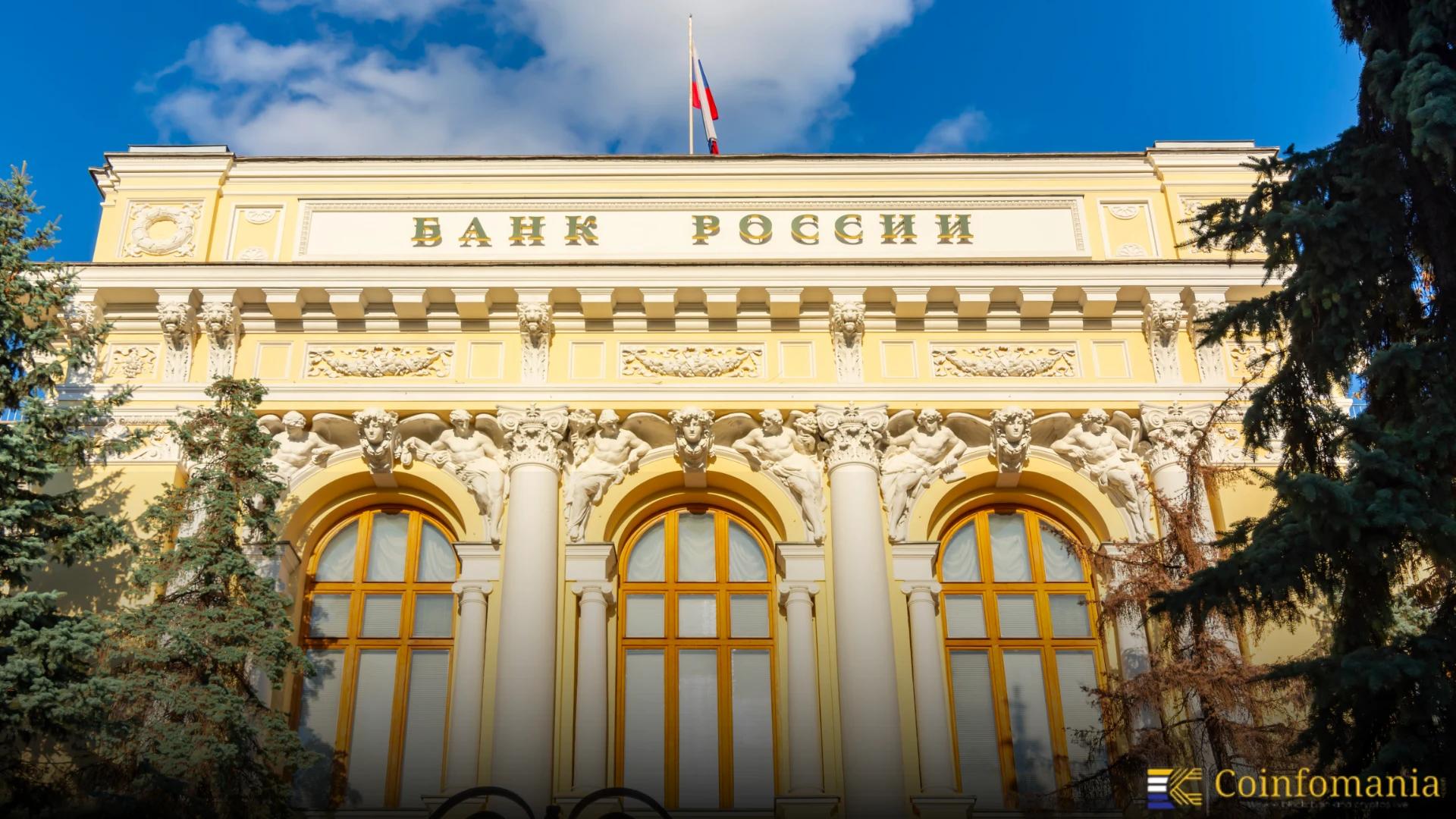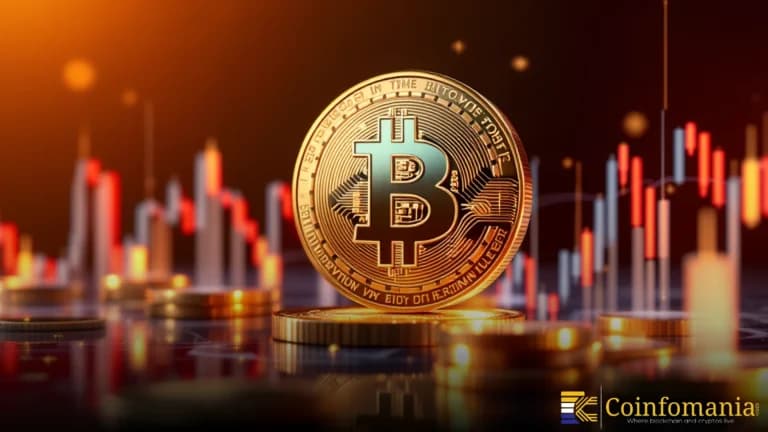Russia’s Central Bank Confirms Feasibility of Tokenizing Domestic Stocks for Foreign Investors
Russia’s Central Bank is evaluating the tokenization of domestic company stocks to attract foreign investors.

Quick Take
Summary is AI generated, newsroom reviewed.
Russia’s Central Bank confirmed feasibility of stock tokenization to attract foreign investors.
The plan depends on foreign partners for platform and infrastructure support.
Could help bypass sanctions and bring liquidity through fractional ownership.
Built on Russia’s Masterchain blockchain under the DFA law.
Global tokenized assets market projected to reach $16 trillion by 2030.
As per one of the reports made by the RBC, the Central Bank of Russia is evaluating a project of tokenising shares of local firms so that foreign investors could purchase them via foreign digital marketplaces.
吴说获悉,据 RBC,俄罗斯央行正在评估将本国公司股票进行代币化,以便外国投资者可在海外市场购买。央行第一副行长 Chistyukhin 表示该方案“具有可行性”,但执行需依赖外国合作方提供代币化与交易平台支持。https://t.co/OB7bCpE49b
— 吴说区块链 (@wublockchain12) October 13, 2025
Russia’s Central Bank Evaluates Stock Tokenization Plan
The program aims to offset access to Western capital market restrictions through sanctions. It implies that foreign investors would be able to buy shares of large Russian corporations in small shares thereby raised liquidity but lowered entry barriers.
Since 2018, Russia has been developing blockchains with the Masterchain platform, a distributed ledger system by the government developed with Sberbank. According to the opinions of analysts, the platform may form the basis of the tokenization process, which will guarantee adherence to the Digital Financial Assets (DFA) Law proposed in Russia in 2021. Its stock tokenisation would be the first major adoption of blockchain use in capital markets in Russia.
Chistyukhin: “Feasible but Requires Foreign Support”
In his observations, Chistyukhin noted that although the model is operationally feasible, it requires foreign partners who would offer tokenization and trading platforms. Russia does not have the extensive digital infrastructure it would require to run global tokenized stock markets all on its own. Another benefit of the plan noted by him is the fact that the plan will result in increased international trust in Russian financial resources due to the implementation of blockchain-based transparency.
Global Environment: Tokenizing is Emerging
In Europe, asset tokenization has already been piloted in the European Central Bank, JPMorgan, and UBS, globally. According to market research by Boston Consulting Group (BCG), tokenized assets will be over 16 trillion by 2030, or up to 10 percent of the global GDP. Experts are concerned with challenges despite the optimism. Russia is still subject to massive U.S. and EU financial sanctions, which makes collaboration with other nations difficult. The conservative attitude of the Central Bank to the cryptocurrencies also brings some ambiguity to the legal frameworks on the cross-border digital securities. Asian-Pacific funds, especially in China and India where blockchain-based securities are attracting interest.
References
Follow us on Google News
Get the latest crypto insights and updates.


